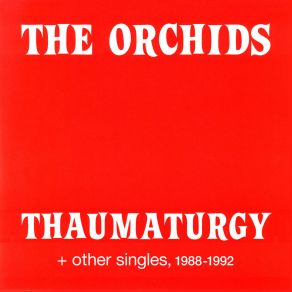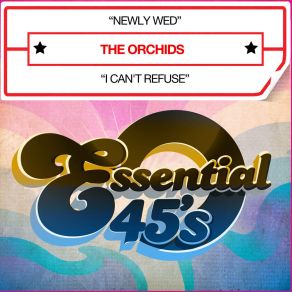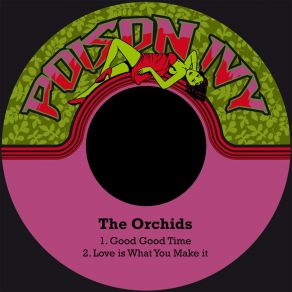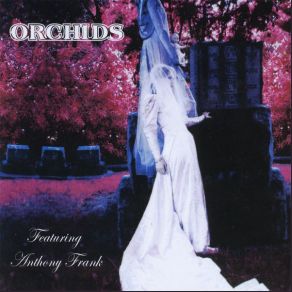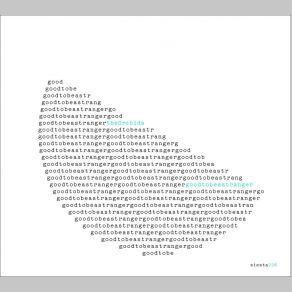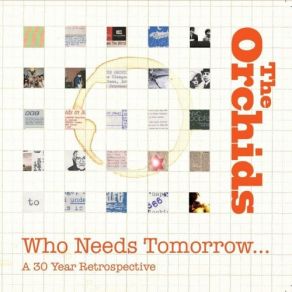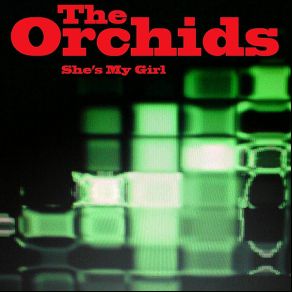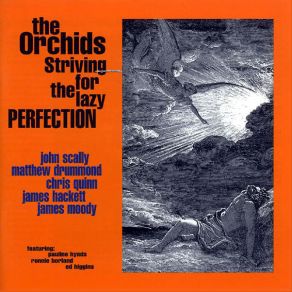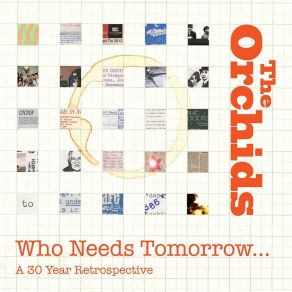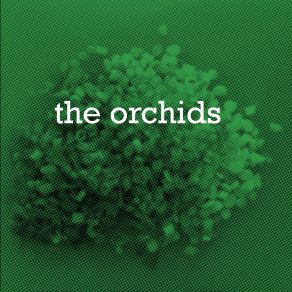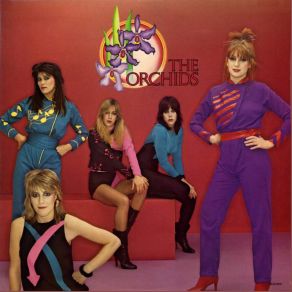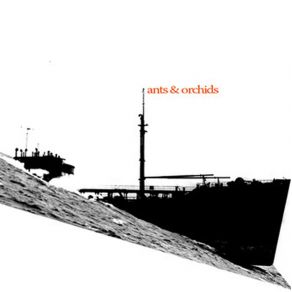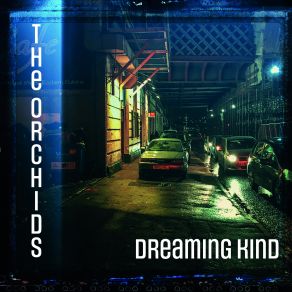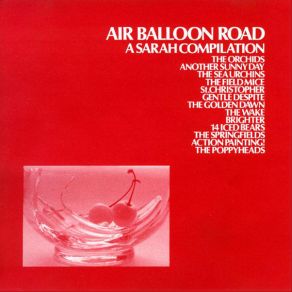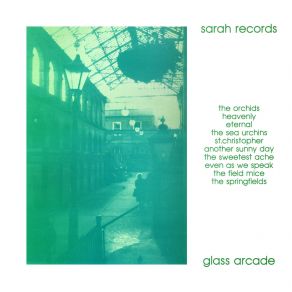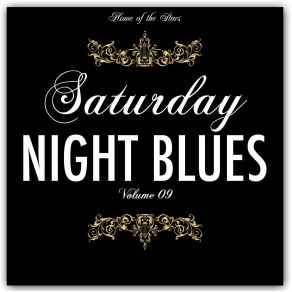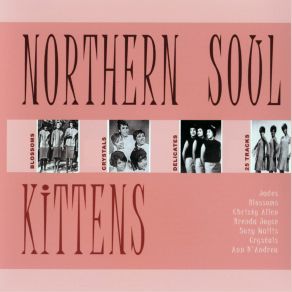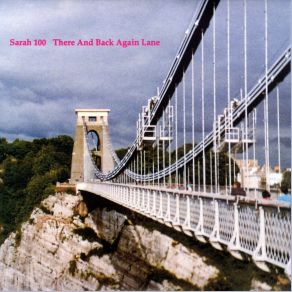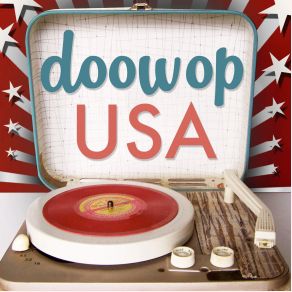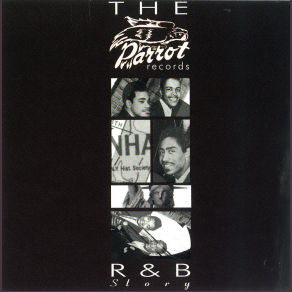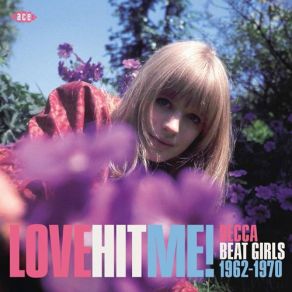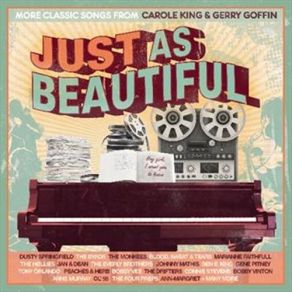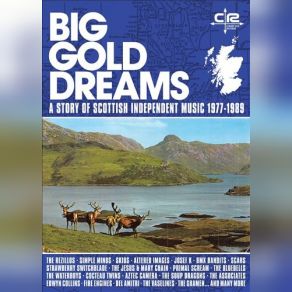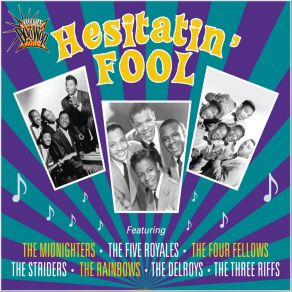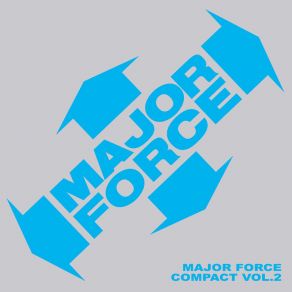The Orchids
Wikimp3 information about the music of The Orchids. On our website we have 25 albums and 47 collections of artist The Orchids. You can find useful information and download songs of this artist. We also know that The Orchids represents Alternative genres.
Biography
[Edit]One of the most prolific bands on Bristol, England's legendary indie pop label Sarah Records, the Orchids were also one of the label's most press-shy outfits. Formed in 1986 in Penilee, Scotland, a suburb of Glasgow, the Orchids took their initial inspiration from some of the city's better-known acts of the time, particularly Lloyd Cole and the Commotions (singer James Hackett sounded more than a little like Cole and was often derided in the U.K. press for that resemblance) and Primal Scream during that band's original '60s pop phase. Hackett, rhythm guitarist Matthew Drummond, lead guitarist John Scally, bassist James Moody, and drummer Chris Quinn fit neatly into the bowl haircut and anorak look of the British indie scene, and their songs, the sort of archetypal late-'80s U.K. guitar pop for which terms like "winsome," "jangly", and "twee" were invented, made them both new pop heroes for a certain audience and an easily dismissible target for others. Press reaction tended to be either laudatory or scathing, with very little in between.
The Orchids first hooked up with Sarah's Matt Haynes and Clare Wadd just as the label was getting underway in 1987, and so the Orchids' debut single, 1988's "I've Got a Habit," was only the second Sarah release. A second single, "Underneath the Window, Underneath the Sink," followed later in the year. The Orchids' early singles were successful enough that simultaneous to the release of their third 7", "What Will We Do Next," in September 1989, Sarah released the label's first-ever album, the 10" Lyceum, a lengthy eight-track EP that, consistent with Sarah's value-for-money ethic, contained no songs that had previously appeared on singles.
The Orchids' next single, 1990's "Something for the Longing," is possibly the group's all-time high point, a gently yearning lost love song with a gorgeous chorus. Later that year, the Orchids released a one-off single on the short-lived Caff Corporation imprint, the moody "An Ill Wind That Blows." Around this time, Drummond and Moody started a sideline career playing guitar and bass for their Sarah labelmates and fellow Glasweigans the Wake, a situation that would remain in place until the Wake split in 1994.
For the first three years of their career, the Orchids concentrated almost exclusively on 7" singles, in keeping with the British indie scene's preference for immediacy and disposability. However, beginning with the Penetration EP in February 1991, the Orchids released only EPs and LPs for the remainder of their career. Unlike the Chills and some other bands who finally began releasing full-length records after a long string of singles, the Orchids seemed to have amassed quite a stockpile of good songs during the time when they only released four to six tunes per year, because there's no drop-off in quality evident on 1991's Unholy Soul. Even more importantly, the Orchids' sound neither remained boringly static nor succumbed to the sort of trend-hopping jumps into acid house or other fads that felled some of their Sarah labelmates. A more reflective, mature quality started creeping into the group's later records, and the guitar jangle became supplanted, though never entirely replaced, by '60s-style Farfisa organ textures, while various female friends of the band began adding harmonies to Hackett's previously unadorned vocals. The 1992 EP Thaumaturgy introduced this shimmering new sound, but its January 1994 follow-up, Striving for the Lazy Perfection, outshines all of the Orchids' other albums. Whether the group decided not to follow up a career highlight or decided to bow out as Sarah was winding up its operations, the Orchids quietly disbanded after a final performance at the Sarah Records farewell party in 1995.
The breakup wasn't destined to last, however. About a decade later, the Orchids reunited, wrote some new songs, and released their fourth full-length album, 2007's Good to Be a Stranger. The reunion went so well that the group decided to stay together, releasing their next album, The Lost Star, in the autumn of 2010. The album was mixed by Ian Carmichael, who had produced most of their earlier work. Working at roughly the same rate of speed, and in the same manner, the band released their third post-reunion album in 2014. Beatitude #9 was issued by Spain's Acurela label.
Collections
Title: They All Sang On the Corner, Vol. 2
Genre: World Music
Title: Best of Doo Wop
Genre: Hip Hop/R&B, Soul
Title: Doo-Wop Classics, Vol. 2 (Fargo Records)
Genre: Pop
Title: Jukebox & Doo Wop Girls, Vol. 9
Genre: Pop
Title: Air Balloon Road
Genre: Rock, Alternative
Title: American Roots of Doo Wop
Genre: Hip Hop/R&B, Soul
Title: Erre Que Erre
Genre: Latin
Title: Rock & Du Dua Vol.2
Genre: Rock
Title: Garage Guitar Inspired By Link Wray
Genre: Rock
Title: Engine Common
Genre: Alternative
Title: Fountain Island
Genre: Rock, Alternative
Title: Glass Arcade
Genre: Alternative
Title: Air Balloon Road: A Sarah Records compilation
Genre: Alternative
Title: Temple Cloud
Genre: Alternative
Title: Saturday Night Blues, Vol. 9 (Rare Recordings)
Genre: Hip Hop/R&B, Soul, Pop
Title: Collector's Doo Wop Classics Vol 7
Genre: Hip Hop/R&B, Soul
Title: Northern Soul Kittens Volume
Genre: Hip Hop/R&B, Soul, Pop
Title: Doo-Wop Classics, Vol. 17 (Parrot Records, Pt. 2)
Genre: Hip Hop/R&B, Soul, Pop
Title: Oldies Doo Wop Essentials Vol 8
Genre: Hip Hop/R&B, Soul
Title: There and Back Again Lane
Genre: Alternative
Title: Shadow Factory: A Sarah Records compilation
Genre: Alternative
Title: Doo-Wop Classics Vol. 15 [Parrot Records]
Genre: Hip Hop/R&B, Soul, Pop
Title: The Unavailable 16 & the Original Nitty Gritty
Genre: Hip Hop/R&B, Soul
Title: Oldies Doo Wop Essentials Vol 7
Genre: Hip Hop/R&B, Soul
Title: The History of Rhythm and Blues, Vol. 1
Genre: World Music
Title: Only Doo Wop Music
Genre: Hip Hop/R&B, Soul
Title: Poodle Skirts and Pony Tails (Vol. 3)
Genre: Hip Hop/R&B, Soul, Rock
Title: Forever Doo Wop, Vol. 2
Genre: Hip Hop/R&B, Soul
Title: Rare Doo Wop, Vol. 1
Genre: Hip Hop/R&B, Soul
Title: Doo Wop, USA
Genre: Hip Hop/R&B, Soul
Title: Doo Wop Rare Oldie Classics Vol 1
Genre: Hip Hop/R&B, Soul
Title: Chicago R&B (Parrot Records) [Remastered]
Genre: Hip Hop/R&B, Soul
Title: The Parrot Records R&B Story
Genre: Hip Hop/R&B, Rap
Title: 30 Rare Black Doo - Wop Sounds Vol. 42
Genre: Rock & Roll
Title: Rare Black Doo-Wop Sounds Collection Vol. 42
Genre: Hip Hop/R&B, Rock & Roll
Title: The Doo Wop Box Vol. 3 (CD3)
Genre: Hip Hop/R&B, Rock & Roll
Title: Jumpin' In Chicago
Genre: Hip Hop/R&B, Blues
Title: Love Hit Me! Decca Beat Girls 1962-1970
Genre: Pop
Title: Essential Doo Wop Hits Vol. 3
Genre: Hip Hop/R&B
Title: C88 (CD1)
Genre: Garage Rock, Indie Pop, Power Pop, Psychedelic Rock
Title: Indie Pop Vol. 78
Genre: Emo, Indie Rock, New Wave, Power Pop, Alternative
Title: Just As Beautiful Carole King And Goffin (CD2)
Genre: Hip Hop/R&B, Soul, Rock, Punk Rock, Pop, Funk, Easy Listening

